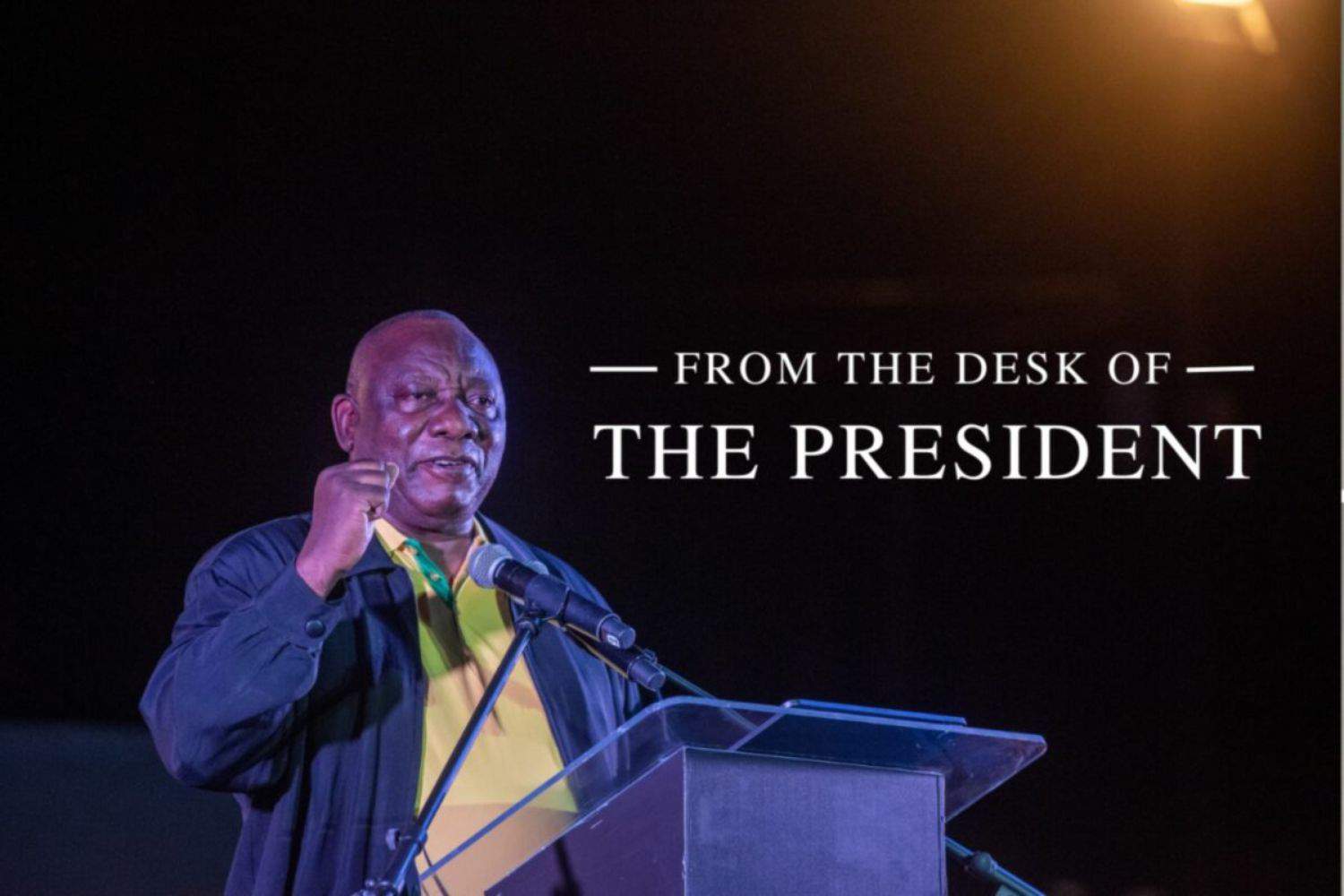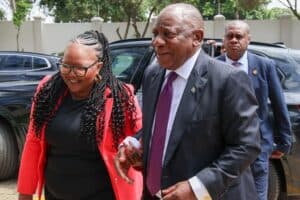The president said the reality is that women’s struggles are not all the same and 'we should not assume they are.'

Now that the National Convention of the National Dialogue is going ahead on 15 August, despite divisions and the withdrawal of several legacy foundations, President Cyril Ramaphosa says the National Dialogue must be a place for “women to raise their voices.”
The first National Convention will bring together 200 organisations from 33 different sectors and kickstart the National Dialogue process.
Women’s struggles
It will take the form of public dialogues in localities and within various sectors across the country.
Writing in his weekly newsletter on Monday, Ramaphosa said given the history of women’s struggles in South Africa, women will once again come to the fore and participate actively National Dialogue process.
“Women make up more than half of our country’s population. Women are affected by every political, social and economic issue in the country. Likewise, every crisis, whether it is unemployment, crime or climate change, affects women equally and, in some instances, more than men.
“Recognising that the lives of women are bound up with the future of the nation as a whole, we are counting on women’s groups and organisations to mobilise around the National Dialogue process,” Ramaphosa said.
ALSO READ: Ramaphosa warns SA must adapt fast as Trump tariffs loom
Equal representation
Ramaphosa added that the government is working in partnership with the various stakeholders to ensure women are equally represented across the structures supporting and guiding the process.
“If we are to remain true to our objective of giving all sectors of society a voice as we build the South Africa we want, we have to ensure that all women are represented. This means a concerted effort to mobilise young and old, urban and rural dwellers, women from different ethnic and linguistic communities, women with disabilities, and LGBTQI+ people.”
The president said the reality is that women’s struggles are not all the same and “we should not assume they are.”
“From the protests against the pass laws, to the so-called beer-hall protests of 1959, to the rent boycotts of the 1980s, to the contemporary protest movements against gender-based violence, South African women have a proud history of standing up and being counted.”
Women participation
Ramaphosa has called on all sectors of society to come together to ensure the full participation of all women in the National Dialogue.
“This would be the most fitting and powerful tribute to the legacy of the pioneers of 1956,” Ramaphosa said.
On 9 August each year, the country celebrates Women’s Day, commemorating the 1956 Women’s March on the Union Buildings.
The march was a political protest against the apartheid-era pass laws, but it was also a powerful assertion of women’s agency.
ALSO READ: Mr President, delay National Dialogue






